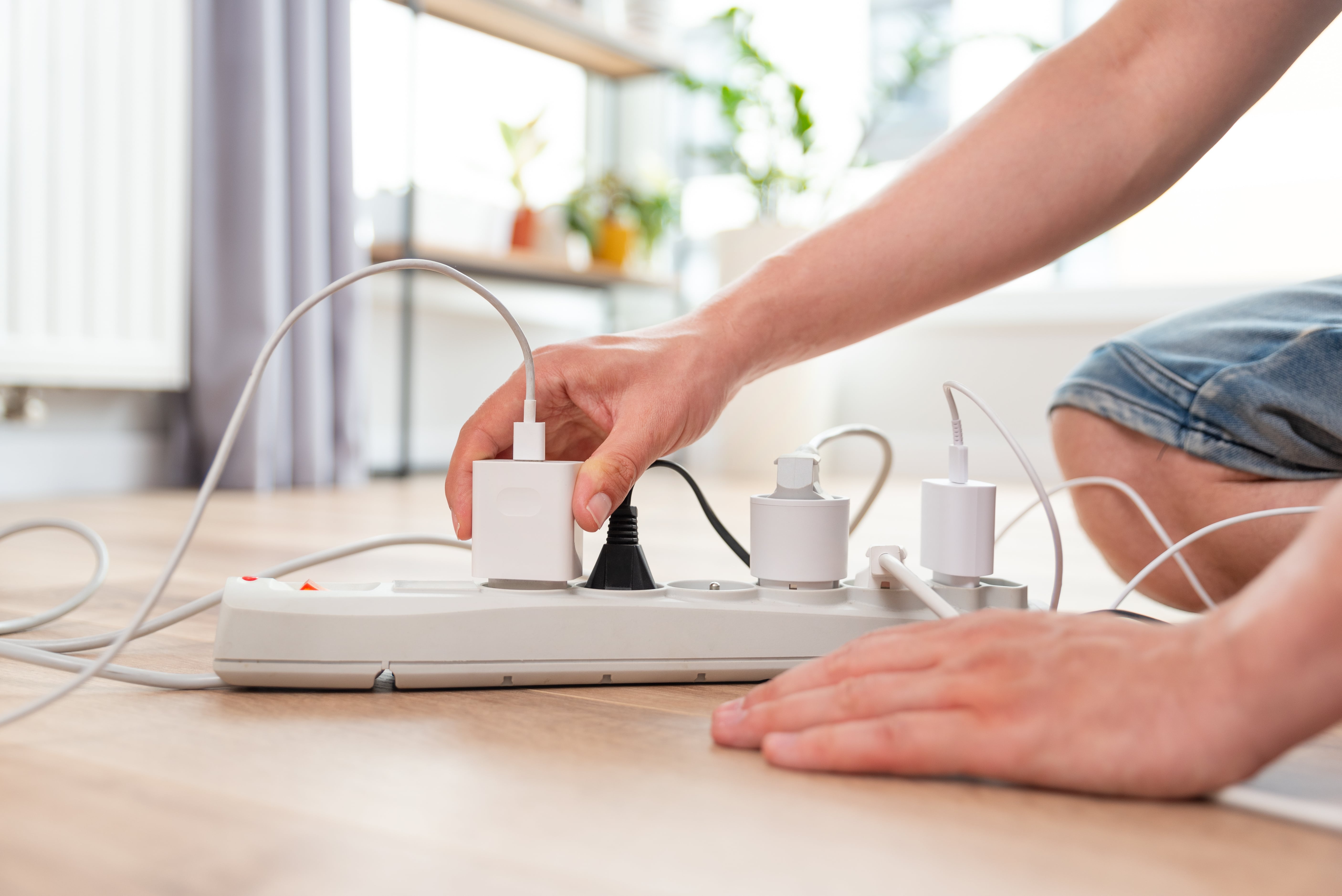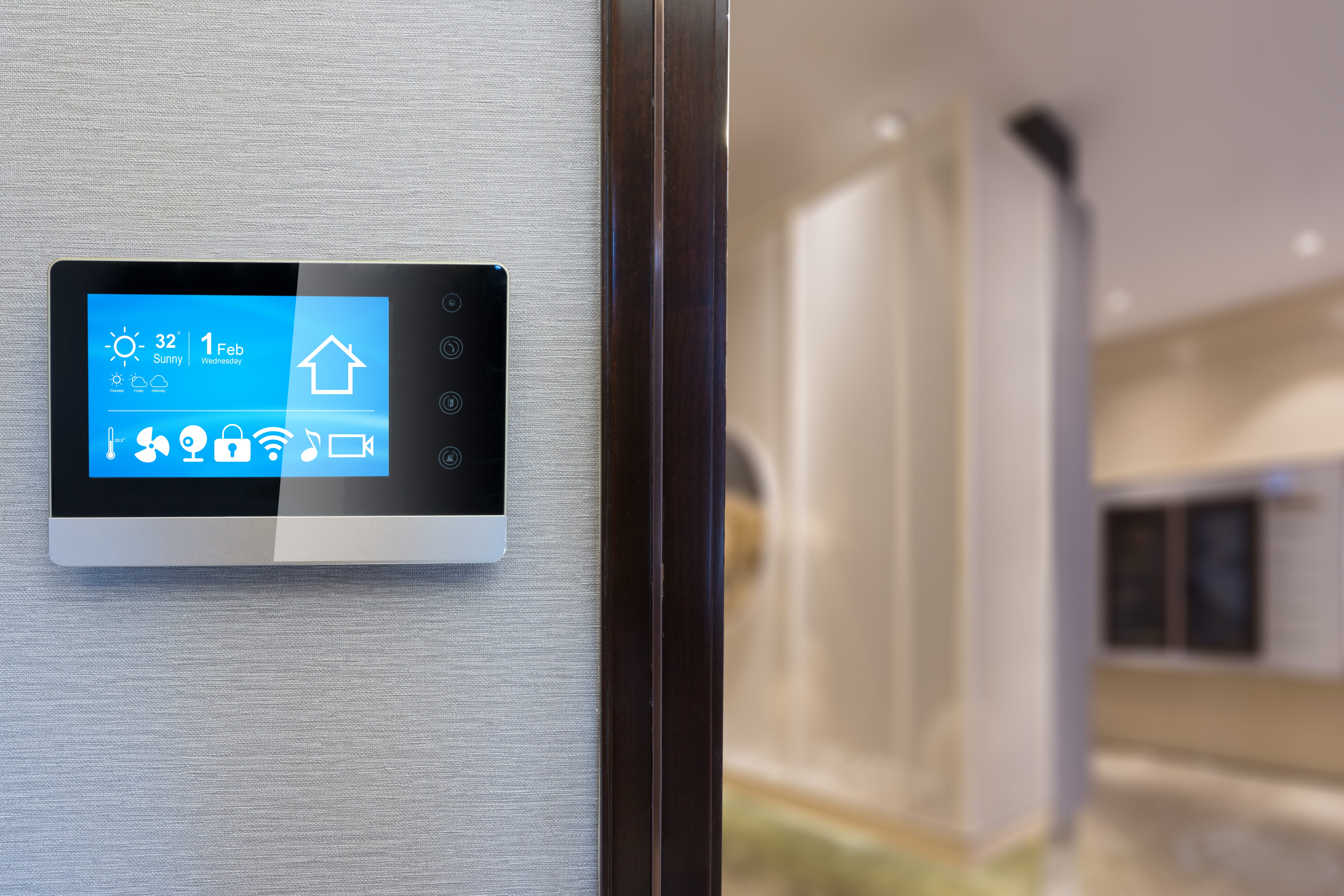As our population continues to grow, demand for water steadily increases. Fresh water is a limited resource, and managing water properly is critical to protecting against future water shortages. But water conservation is important not just for the environment, but on an individual level as well.
Understanding how to save water can help you save money on your monthly utility bills, in addition to protecting the environment. Homes with high-efficiency plumbing fixtures and appliances may save as much as 30% of indoor water use and enjoy substantial savings on water, sewer, and energy bills.
From large changes like installing more efficient appliances to smaller adjustments to your daily habits, here are some of our top tips for how you can reduce your water use and save energy.
{{CTA-thermostat-right-plan}}
Why Is Water Conservation Important?
Only 3% of the water on our planet is freshwater, and only 0.5% is safe for drinking. The other 2.5% is too polluted or trapped within the earth’s soil, ice caps, or atmosphere.
While the demand for water continues to increase, our worldwide supply of water remains the same. Even though the water cycle circulates water back onto the planet, that water often doesn’t reappear in the same places or in the same quantity or quality. That means that failing to conserve water now could result in major shortages in the future.
Making an effort to save water can have multiple positive effects, both on the environment and on you as an individual:
- By using less energy to heat water in your home, you can save on your electric bill.
- The more water we save now, the briefer later water shortages will be.
- Reducing the need for additional water treatment plants in your area, saves money on taxes and limits energy consumption.
- Limit pollution and save water and fuel resources, helping to preserve the health of the environment. In short, save water, save the Earth.
As you can see, conserving water has multiple benefits, both to your community and the world. By taking time to adjust your habits and make changes to your home or business, you can do your part to ensure that our water supply doesn’t dwindle to dangerously low levels.
Ways to Save Water
Saving water in your home can be as simple as adjusting your daily routines and as big as upgrading to more efficient appliances. Even the smallest changes can have a huge impact long-term. Here are some of the best ways to save water and lower your water and energy bills.
Change Your Bathroom Habits
Most indoor water usage happens in bathrooms, from showers and baths to toilets and sinks. Fortunately, there are things you can do to save water in the bathroom:
- Retrofit your home by upgrading to water-efficient toilets and fixtures.
- Make sure to turn water taps off tightly to prevent drips.
- Take shorter and cooler showers.
- Never leave the water running while shaving or brushing your teeth.
- Fix leaks immediately.
Check Your Toilet for Leaks
A leaking toilet may not seem like much more than an annoyance, but it can result in significant wasted water and even lead to mold growth and other issues in your home.
You can easily check your toilet for leaks by placing a few drops of food coloring in the toilet tank. You can also use dye test tablets, which you can purchase at a home improvement store. Don’t flush the toilet, but instead wait for 10 to 15 minutes. If the food coloring appears in the toilet bowl water, you likely have a leak that needs to be fixed and should contact a professional plumber.
Replace Old Water-Using Appliances
If major appliances like your washing machine and dishwasher are ready to be replaced, look for ENERGY STAR®-certified products. These models meet strict efficiency standards and save both water and energy, resulting in significant savings on your monthly utility bills and helping you create a more energy-efficient home.
Be a Water-Savvy Gardener
Saving water isn’t just a task to prioritize inside the house, but outside as well. Here are some tips for limiting your water usage outside your home:
- Water your plants or lawn during morning hours to avoid evaporation.
- Make sure your sprinklers are set to water the grass, not the driveway or sidewalk.
- Skip watering on windy days.
- Sweep the driveway and sidewalk to remove debris, instead of using a hose.
- Wash your car with a hose with a trigger nozzle, instead of leaving the water running.
- Add an extra layer of mulch around any plants, shrubs, or trees to limit evaporation.
- Check water hoses and connections for any drips or leaks.
Make Sure Your Water Heater is Set at Proper Temperatures
Heating water for daily use requires a significant amount of energy. Take time to examine your water heater and look for an Energy Guide sticker or look for the product’s energy guide on the manufacturer’s website. This guide can show you the estimated yearly operating cost of your water heater.
Consider upgrading to an ENERGY STAR®-certified water heater. Look for energy-efficient water heaters that can help you save water and money.
Only Wash Full Loads
Don’t run the dishwasher or clothes washer unless you have a full load. Washing smaller loads wastes both water and energy. Only washing full loads also allows you to run these appliances less often, contributing to water conservation. If you absolutely must wash a small load, take time to adjust your washer’s settings and water level beforehand.
Adjust the Way You Use the Kitchen
After the bathroom, the kitchen is a major source of water waste in your home. Change your habits and look for these ways to save water in the kitchen:
- When washing dishes by hand, don’t leave the water running while rinsing.
- Keep water pitchers in the refrigerator to avoid running the tap for cold water.
- Instead of running the faucet to clean vegetables, rinse them in a pan of clean water.
- Avoid letting grease and oil go down the drain. These liquids can block the inside of your pipes, resulting in sewer backups and even flooding.
Reduce your electricity use by partnering with a provider whose plans meet your household energy needs. Gexa Energy is one of the fastest-growing retail electricity providers in the U.S. and has served residential and commercial customers in Texas since 2002. We provide customers with affordable electricity plans, and all Gexa Energy residential plans are 100% green.






































